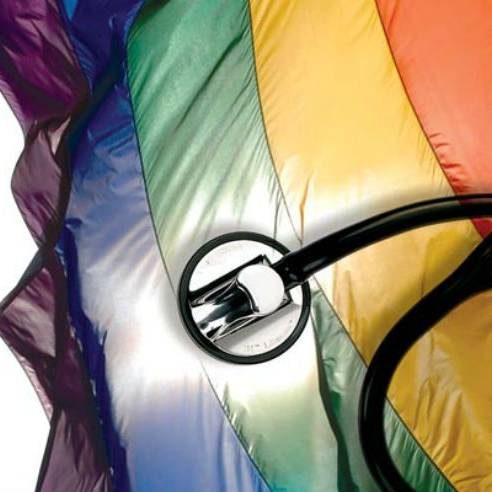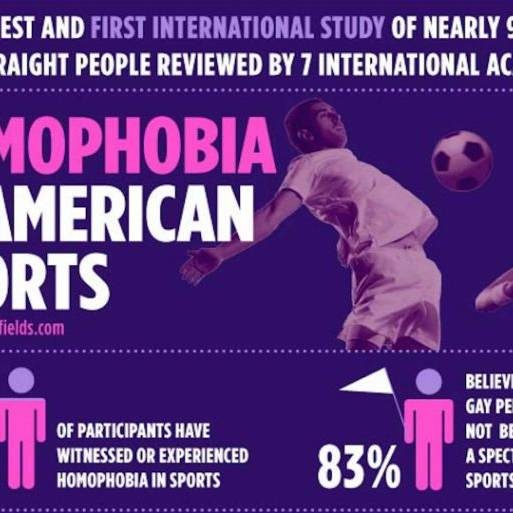 A new study examining life satisfaction among sexual minorities has been conducted by academics from the London School of Economics and the University of Melbourne.
A new study examining life satisfaction among sexual minorities has been conducted by academics from the London School of Economics and the University of Melbourne.
The study shows that sexual minorities are less satisfied with life than their heterosexual counterparts.
This topic does not have a lot of research behind it, giving researchers and academics very little information about the treatment of sexual minorities and how differential treatment might influence individuals’ overall well-being.
The study represents a national sample for Australia and the UK. The data sets came from the UK Household Longitudinal Study and the Household, Income and Labour Dynamics in Australia Survey. 33,000 people participated in the UK and 12,400 people participated from Australia. The information is then used to estimate an equations model of life satisfaction.
The study looks at seven different categories including income, employment, health, marriage and de facto relationships, children, friendship networks, and education.
The study found that gay and lesbian individuals in Australia are just as healthy as heterosexuals, but there is a large gap in health among gay and lesbians living in the UK when compared to heterosexuals.
When looking at social stigmas surrounding gay and lesbian individuals in Australia, the findings found that there had been a substantial drop and that social stigmas are now largely absent. However, the study also found that lesbians in Australia have lower levels of life satisfaction compared to lesbian women in the UK and heterosexuals in Australia.
It was reported that older gays, lesbians and bisexuals did not report the same lower life satisfaction as their younger counterparts. These results suggest a few different reasons behind these findings.
This specific result suggests that older gay, lesbian, and bisexual individuals might not face as many hardships as the younger population; older individuals have adjusted to any stigma or discrimination; or that more older LGB individuals might misrepresent their sexual orientation.




